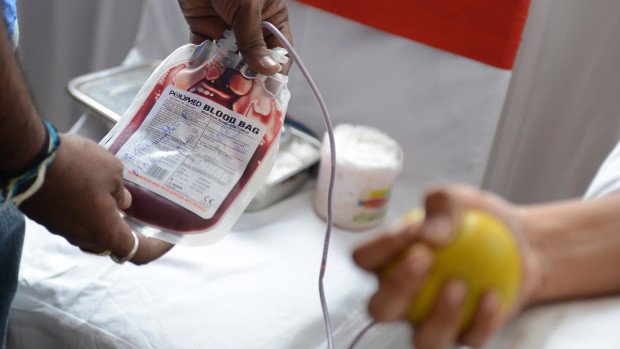
Zehra Bibi was aged 60 and from Kasur. Her daughter had brought her to the city expecting better care than in their home area. How very wrong she was. She was refused treatment at the Punjab Institute of Cardiology and the Services hospital, eventually arriving at the Jinnah Hospital which also refused to admit her and she died on the floor of a ward, a doctor in attendance. The Jinnah hospital said that they were unable to provide a bed in the emergency ward.
Public health and emergency services were revealed as inadequate by the recent Quetta Report, and this newspaper surmised at the time that the faults thus exposed were unlikely to be limited to Balochistan, the poorest province. Now the richest and best resourced province in the land is laid bare as to its health deficits. It transpires that no public hospital in Lahore has emergency resources sufficient unto need. All are under-resourced and have been for years. An exploding population is offered as a reason — but it is poor planning and budgetary utilisation that is at the heart of the problem. Zehra Bibi died of a heart condition. The system that was supposed to provide her emergency care had died of neglect.
Published in The Express Tribune, January 4th, 2017.
Like Opinion & Editorial on Facebook, follow @ETOpEd on Twitter to receive all updates on all our daily pieces.
1732503274-0/Untitled-design-(43)1732503274-0-405x300.webp)
1732501636-0/Untitled-design-(42)1732501636-0-165x106.webp)

1732498967-0/Outer-Banks--(1)1732498967-0-165x106.webp)
1732086766-0/BeFunky-collage-(74)1732086766-0-165x106.webp)







COMMENTS
Comments are moderated and generally will be posted if they are on-topic and not abusive.
For more information, please see our Comments FAQ